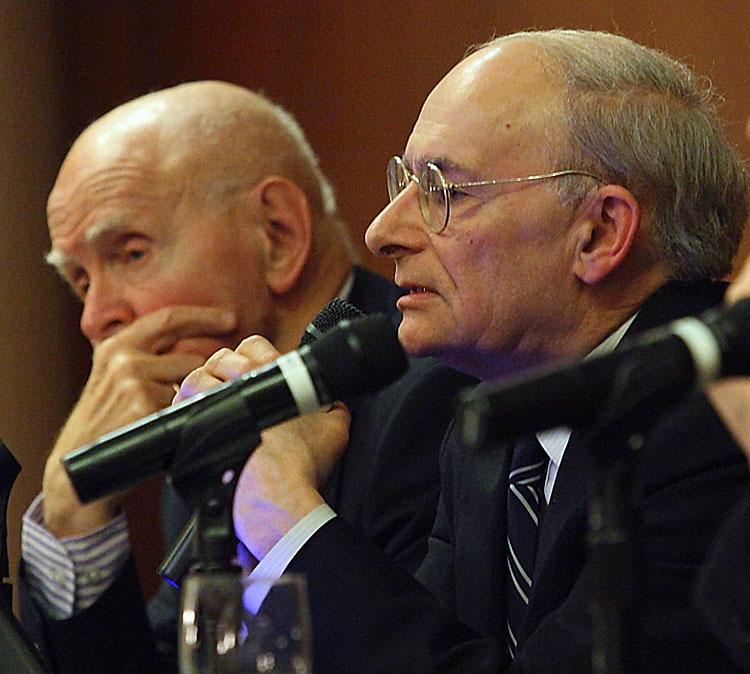A Single Thread to Unravel the Quilt of Chinese Human Rights Abuses
It is precisely on the Chinese Communist Party’s hypersensitive human rights pressure points that efforts must be made.

WEIGHTY FINDINGS: David Matas addresses the New York University School of Law's Lipton Hall about the findings of his report, as professor Jerome Cohen looks on. Gary Du/The Epoch Times
|Updated:
Matthew Robertson is the former China news editor for The Epoch Times. He was previously a reporter for the newspaper in Washington, D.C. In 2013 he was awarded the Society of Professional Journalists’ Sigma Delta Chi award for coverage of the Chinese regime's forced organ harvesting of prisoners of conscience.
Author’s Selected Articles






